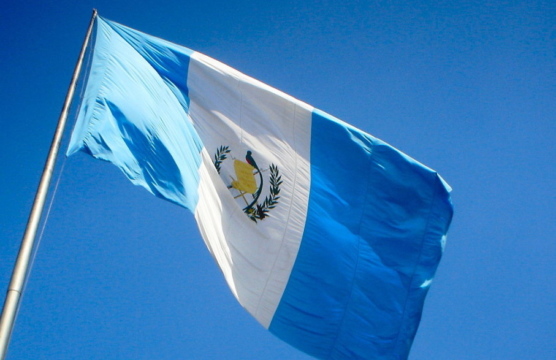
Are Countries Making Progress in Fighting Corruption?
Which countries in the region are making strides in fighting corruption, and which are falling short?
Which countries in the region are making strides in fighting corruption, and which are falling short?
A discussion with Ambassador Bernardo Álvarez, the highest-ranking Venezuelan diplomat in the US
The intensity of the clash within Mercosur highlights how much has changed in South America since Venezuela joined the bloc four years ago.
Although the ruling coalition retained control of the majority of Ecuador’s municipalities, it lost in the country’s major cities.
A presentation of the 2016 BTI for Latin America
On April 6th, 2016, the Inter-American Dialogue hosted a discussion on “Criminal Abortion Laws in Latin America”.
Why has growth of the region’s middle class slowed down? What needs to be done to maintain the gains of the last decade?
The signing of an accord is imminent, but Colombian society remains deeply divided over the agreement.
One of the most complex challenges in political financing regulation is to ensure the effective application of controls.
American and Cuban leaders today are trying to bring a relationship once defined by antithetical ideologies into the 21st century.
Iran’s influence in the region, even in the handful of countries where it has been most active, has only declined in recent years.
Latin America, inter-American affairs, and the region’s global relations have changed dramatically since the end of the Cold War.
Peru’s growing urban middle class is one of the country’s greatest assets, but it also brings political and governance challenges.
Cuba and the US still have a long way to go as they continue to build their relationship.
An Inter-American Dialogue press roundtable on the hemispheric context and implications of Obama’s trip.
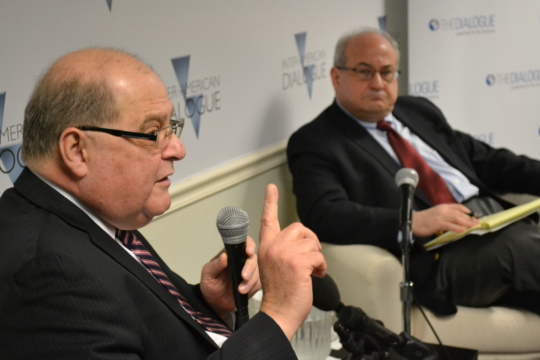 Video
Video
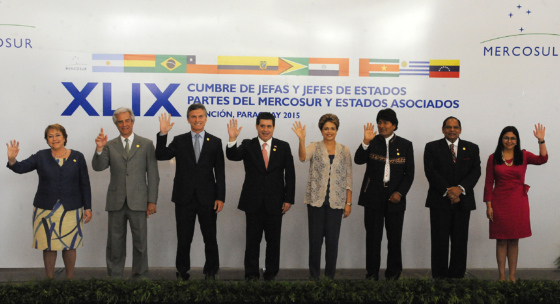
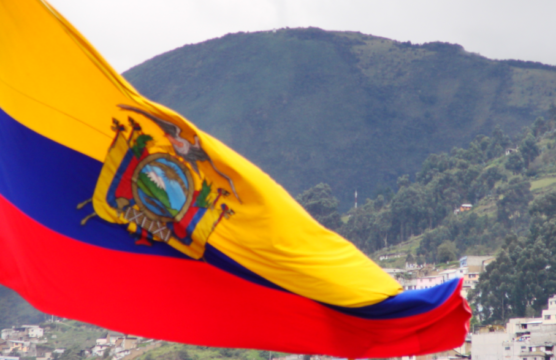 Video
Video
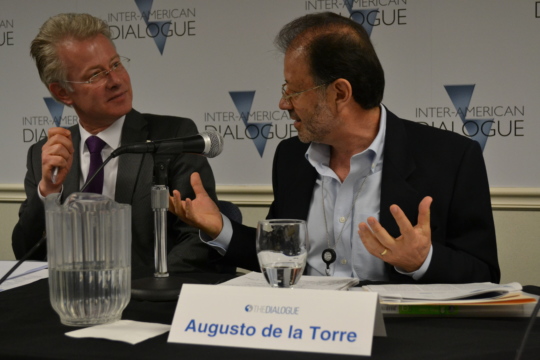 Video
Video
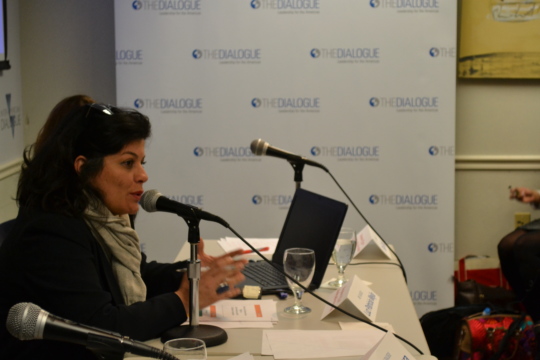
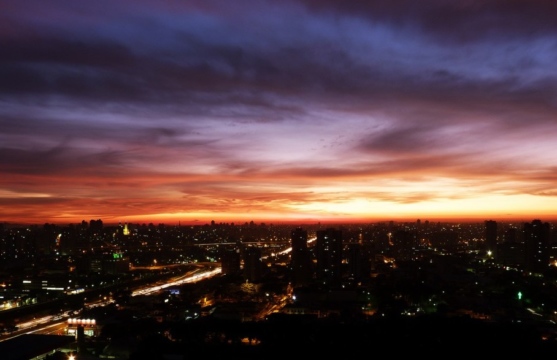
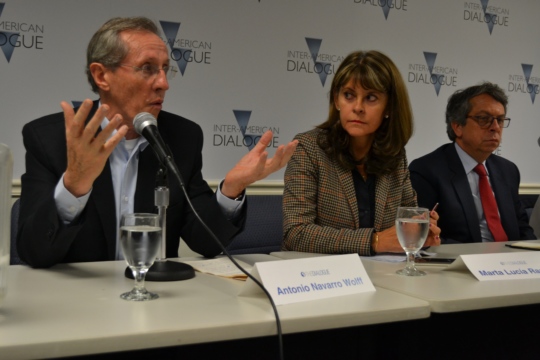 Video
Video
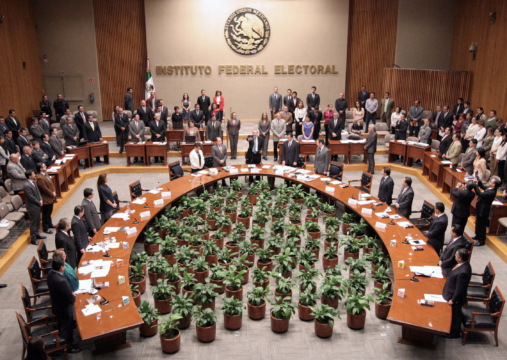
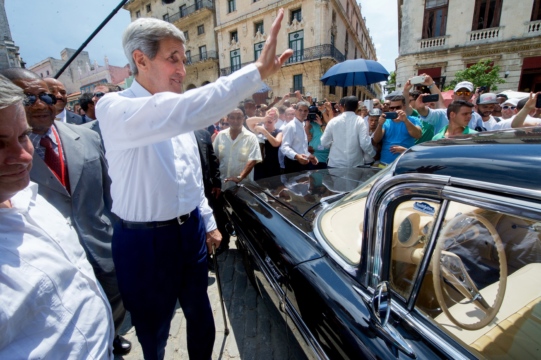
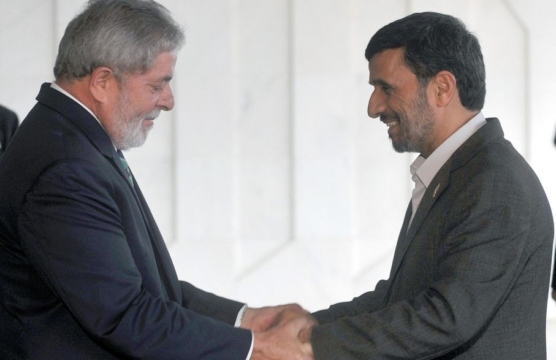
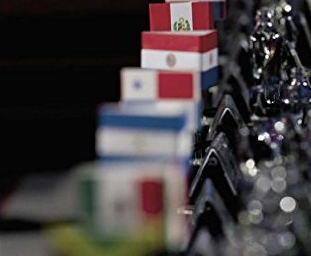
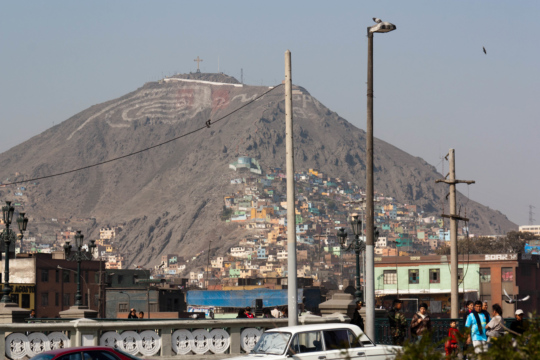
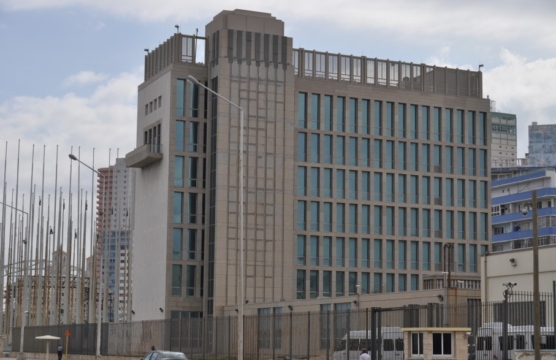
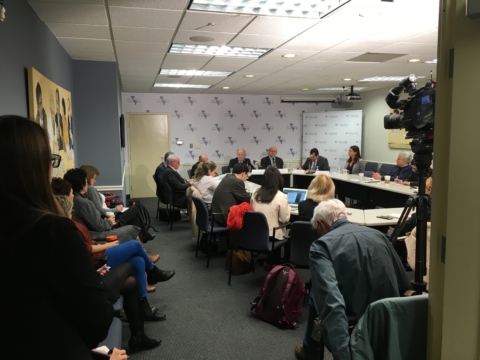 Video
Video